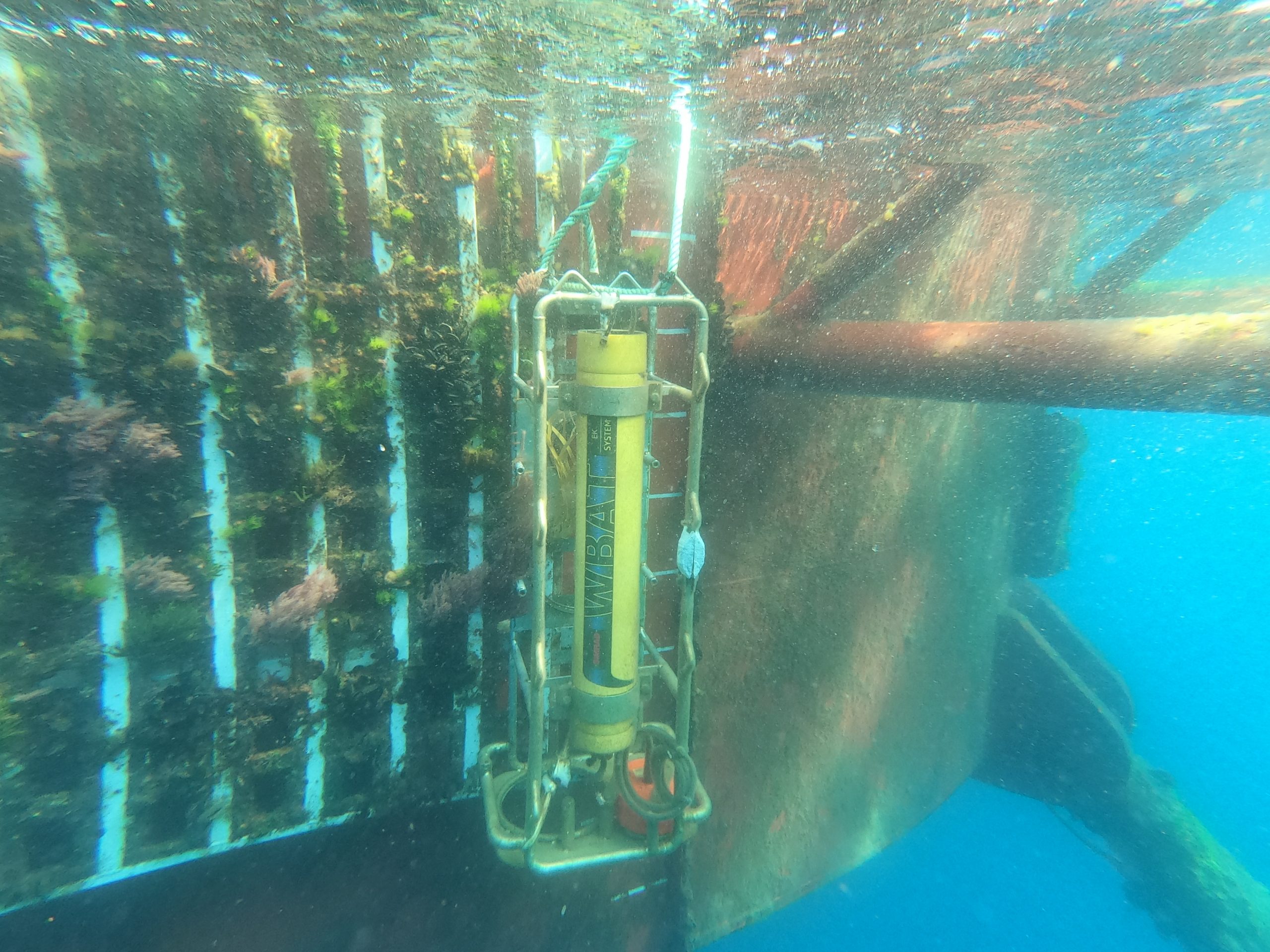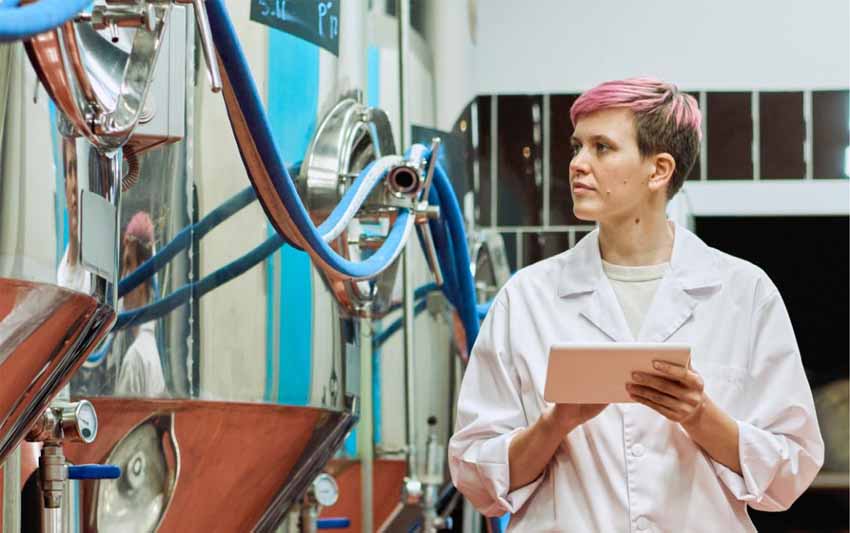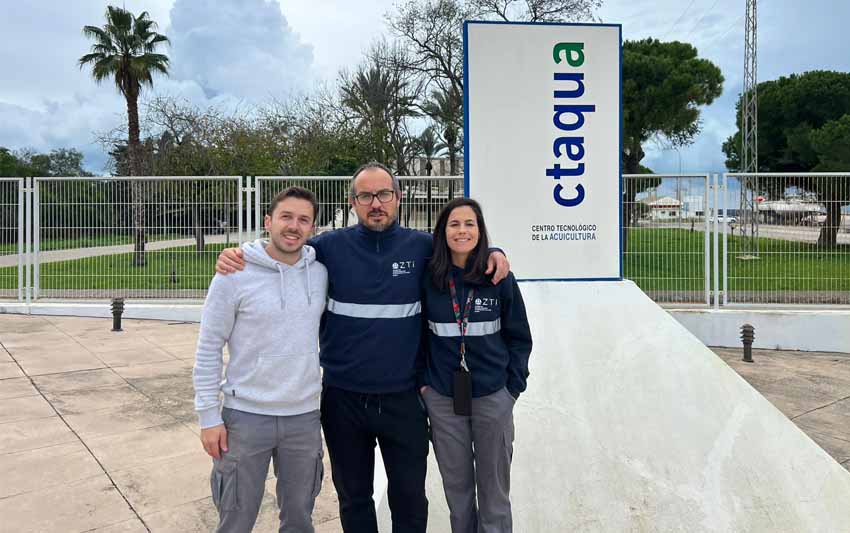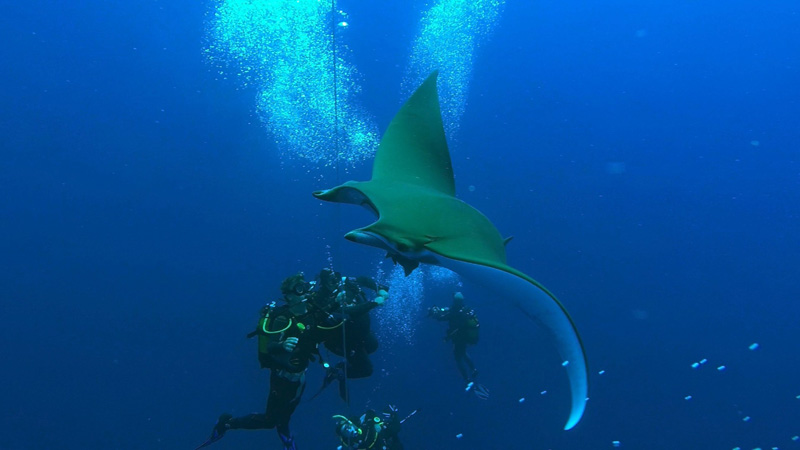The big food challenges of the future: AZTI´s perspective
Últimas noticias
The mystery of the Northeast Atlantic mackerel solved: a single genetically connected population
International Energy Day: AZTI's Innovations in Marine Renewable Energies
Scientists Find Marine Bacteria that Break Down a Key Compound for the Carbon Cycle and Global Climate
Carolina Najar. AZTI’s Food Market Director
In a changing world, humanity is facing unprecedented food challenges. Population growth and rising per capita incomes are driving a global food revolution, making food an indispensable strategic resource. By 2050, nearly 10 billion people are expected to inhabit our planet, requiring a 70% increase in annual food production compared to today. This is a huge challenge that requires deep reflection on how to face it in a sustainable and healthy way.
Rapid urbanisation and socio-demographic changes are transforming our lifestyles, leading to more sedentary lifestyles, less time spent in the kitchen and a constant search for convenience without compromising health. These socio-demographic changes are leading to an increase in chronic diseases such as obesity, which will affect 30% of the world’s population and require treatment with a high economic impact on healthcare systems. Life expectancy is increasing, but poor eating habits and unhealthy lifestyles mean that we need to focus more on healthy ageing.
In this context, it is crucial to emphasise the importance of having a common strategy on how to approach a more sustainable and healthier diet. Cooperation between the health and food sectors will intensify and become an inseparable partnership to address these challenges. Sustainability has become an imperative, not only environmentally, but also socially and economically. Food production and distribution is responsible for a quarter of global CO2 emissions and uses 70% of available fresh water, with a significant impact on our planet; it is up to us to make it more efficient and sustainable.
Major innovations in food production will be needed to feed the world’s growing population. Advances in biotechnology, alternative protein production, vertical farming and sustainable aquaculture will be crucial. These emerging technologies offer promising solutions for producing food more efficiently, using fewer natural resources and minimising environmental impact.
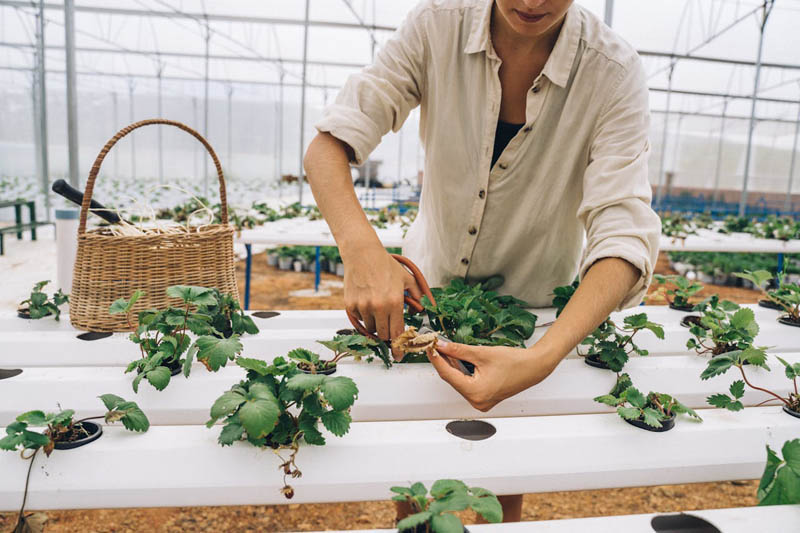
Looking to the future, what will we eat? The answer lies in adopting more sustainable, personalised and ethical diets that minimise our environmental impact. Innovation in food design, combined with the use of technology to better define demand, will play a critical role in creating new products that are not only sustainable and healthy, but also accessible, engaging and increasingly personalised.
At AZTI, we are at the forefront of scientific and technological research to address these food challenges. Our mission is to transform science into sustainable and healthy development, working hand in hand with the food industry, the public sector and society. Collaboration and innovation are our tools to create a future where we all experience healthy, sustainable and delicious food, where taste is essential.
In this changing and challenging context, the commitment of all stakeholders is crucial. Together, we can transform food production systems to ensure integrated food production across the value chain and a resilient, sustainable and nutritious food future for all. At AZTI, we are committed to this goal and are leading the way with our customers towards a better food future for our planet and its population.
Published in Código 84
